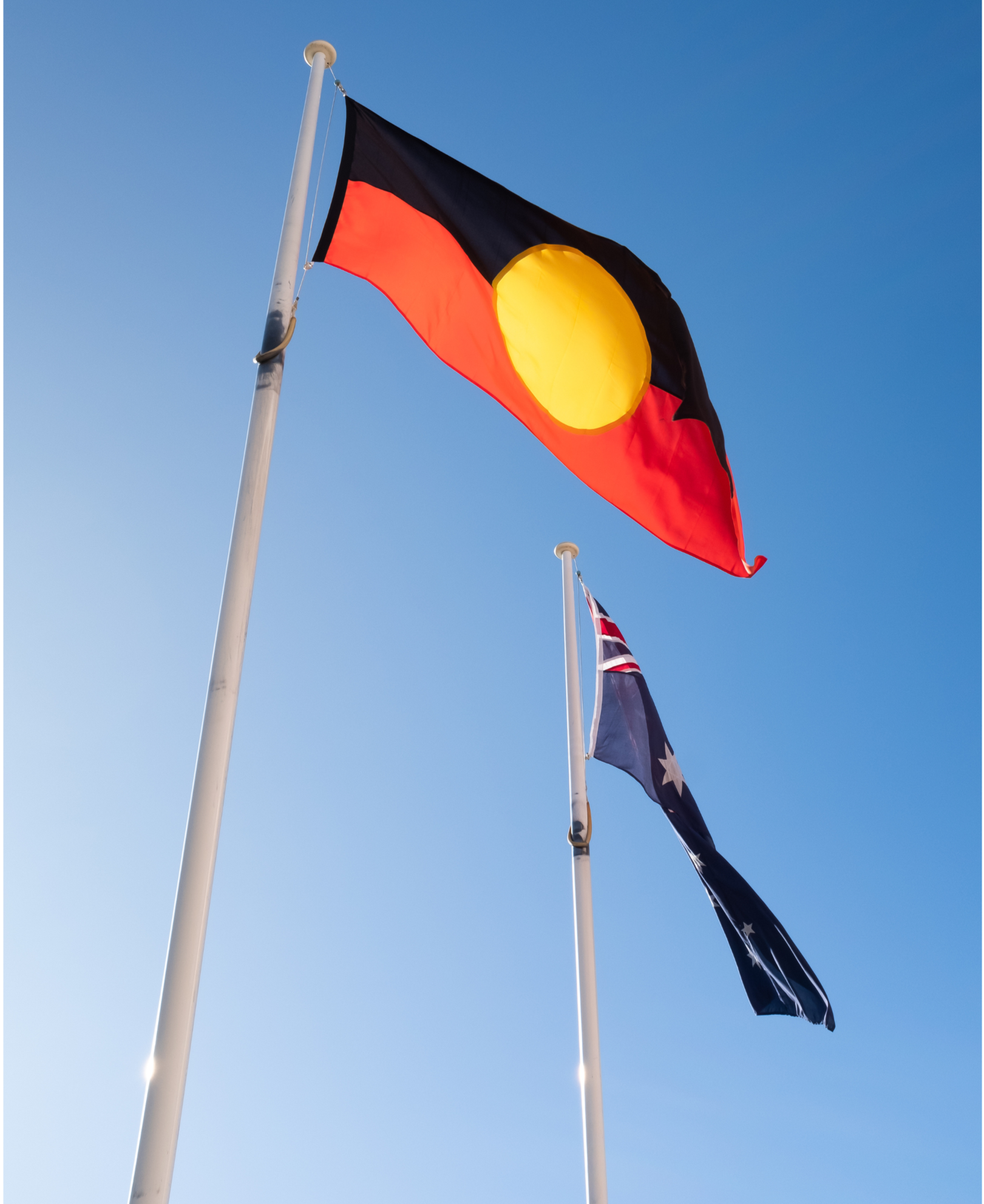
Investing with Purpose.
Acting with Intention.
For UHNW investors and family offices, litigation funding offers a rare combination: attractive, uncorrelated returns and measurable ESG impact. It enables purpose-led capital deployment while strengthening access to justice and reinforcing corporate accountability.
It offers:
Strong, uncorrelated financial returns
Purpose-led deployment of capital
Measurable social and ethical outcomes
Support for systems that underpin trust and fairness
Today’s leading investors understand that performance and responsibility go hand in hand.
ESG is not a trend, it is a framework for assessing risk, uncovering opportunity, and protecting long-term value.
Our clients are stewards of wealth and legacy. And increasingly, they are asking the most important question:
“How do we allocate capital responsibly, without compromising performance?”
Recent ESG Litigation Cases
Social Litigation Funded Case
Stolen Wages
A class action on behalf of Aboriginal and Torres Strait Islander workers who were subject to ‘protection’ legislation in the last century, seeking repayment of their wages. Commenced in September 2016 and settlement of $180m was approved by the Federal Court in December 2019. This case represents the largest human rights class action in Australia’s history bringing resolution for 11,948 First Nations people.
This class action began in September of 2016, and was a lawsuit on behalf of Aboriginal and Torres Strait Islander workers in Australia. The workers had been subject to ‘protection’ legislation from the late 1800s up to the 1970s. This wage control legislation led to tens of thousands of indigenous workers across a variety of industries never receiving their full wages, estimated to be millions of Australian dollars in total. Wage violations like these fall under the governance portion of ESG.
Litigation Lending Services offered its support to the case, which reached a settlement of $180 million in December, 2019. To date, the case is the largest human rights case in Australian history. The settlement brought resolution to more than ten thousand First Nations people.
Case illustrates the potential of ESG, and the possibilities for more ESG cases and litigation funder involvement in the future.
Environmental Litigation Funded Case
Global Emissions
A compelling example of litigation funding aligning with ESG principles is the landmark case of Lliuya v. RWE AG.
In this case, Saúl Luciano Lliuya, a Peruvian farmer, initiated legal action against RWE, Germany's largest electricity producer, alleging that the company's greenhouse gas emissions contributed to the melting of Andean glaciers, thereby increasing the flood risk to his hometown of Huaraz.
The lawsuit seeks to hold RWE accountable for its share of global emissions, estimated at approximately 0.47%, and requests that the company contribute proportionally to the costs of flood defenses.
This case, supported by litigation funding, exemplifies how legal finance can facilitate access to justice for individuals affected by environmental harm, reinforcing the 'E' and 'S' components of ESG by addressing climate change impacts and promoting social equity.
Source: At first glance, litigation funding may appear purely financial. In reality, it directly supports access to justice and strengthens corporate accountability, making it a natural fit within an ESG framework.
By funding meritorious claims that might otherwise go unheard, it advances fair outcomes, reinforces responsible conduct, and helps deter misconduct over time.
ESG lens: Social impact through access to justice, and governance impact through accountability and deterrence.




